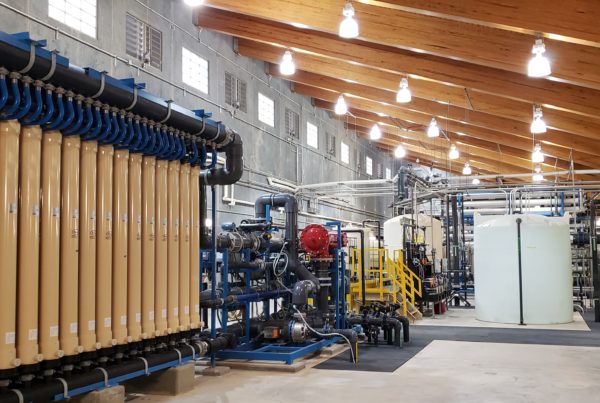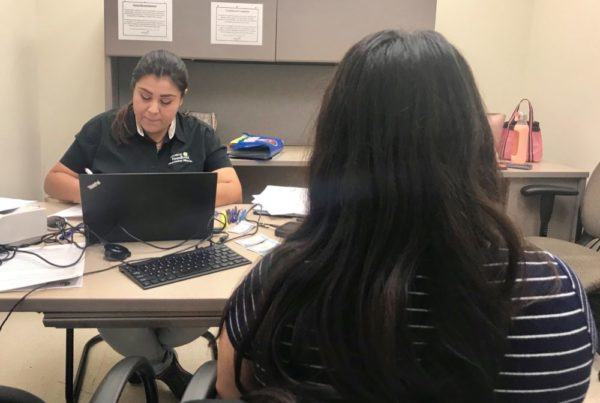Some 246,000 Texans are behind bars, confined in local jails, state prisons, federal lockups ane juvenile detention facilities. Nationwide, the number is about 2.3 million people – and that’s just accounting for those actually inside the facilities.
A new report shines the spotlight on an often-overlooked fact behind those hard numbers: one in every two American adults has, or has had, a family member who is incarcerated. Being locked up affects more than just those behind bars – it can leave long-lasting impacts on kids, parents and other family members. This report comes from Cornell University and FWD.US, an advocacy group that lobbies for immigration and criminal justice reform.
Zoe Towns is a senior criminal justice reform director at Fwd. Towns says the absence of a jailed parent for months or even years have familiar consequences. But even one night in jail can still have negative impacts similar to these of longer stays.
“The experience of having a loved one incarcerated has serious consequences for the health and financial stability of our families,” Towns says. “Even spending a single night in jail can be destabilizing and traumatic for families who are involved and the consequences are magnified exponentially the longer a person is incarcerated.”
These consequences include the scramble to come up with bail when a family member is arrested, job loss and unsupervised children in single-parent homes, where the breadwinner is absent.
“Wealth in certain communities, especially communities that are being disproportionately impacted by incarceration first and also by family incarceration, is being really extracted from these communities,” Towns says. “Whether that is because breadwinners are spending time behind bars and there’s a whole loss of income if not the full income for the household, then a good chunk of the income for the household.”
Towns says family members are at significant risk of damaged health and school performance. For people of color, who are disproportionately represented in the criminal justice system’s prison rosters, this only gets worse.
“We have that shocking ‘one in two Americans have a family member who was formerly or currently incarcerated’,” Towns says. “That high number skyrockets when you look at black Americans. Black adults are 50 percent more likely than white adults to have had an immediate family member incarcerated.”
Black Americans are also disproportionately experiencing long-term incarceration, Towns says.
“Not only are exposure rates to incarceration in families much higher to begin with, but the type of incarceration, those longer incarcerations whether it’s a year or ten years longer, are far more likely to fall on Black families,” Towns says.














